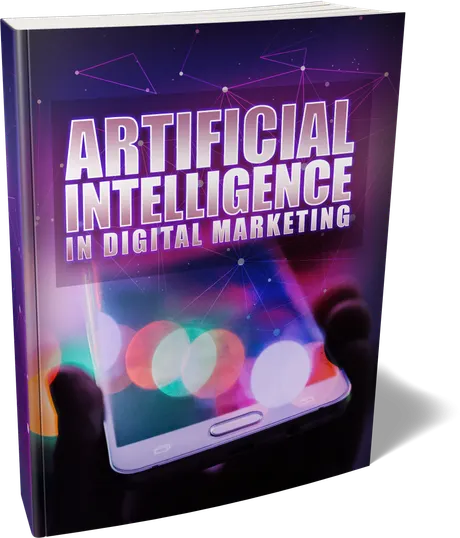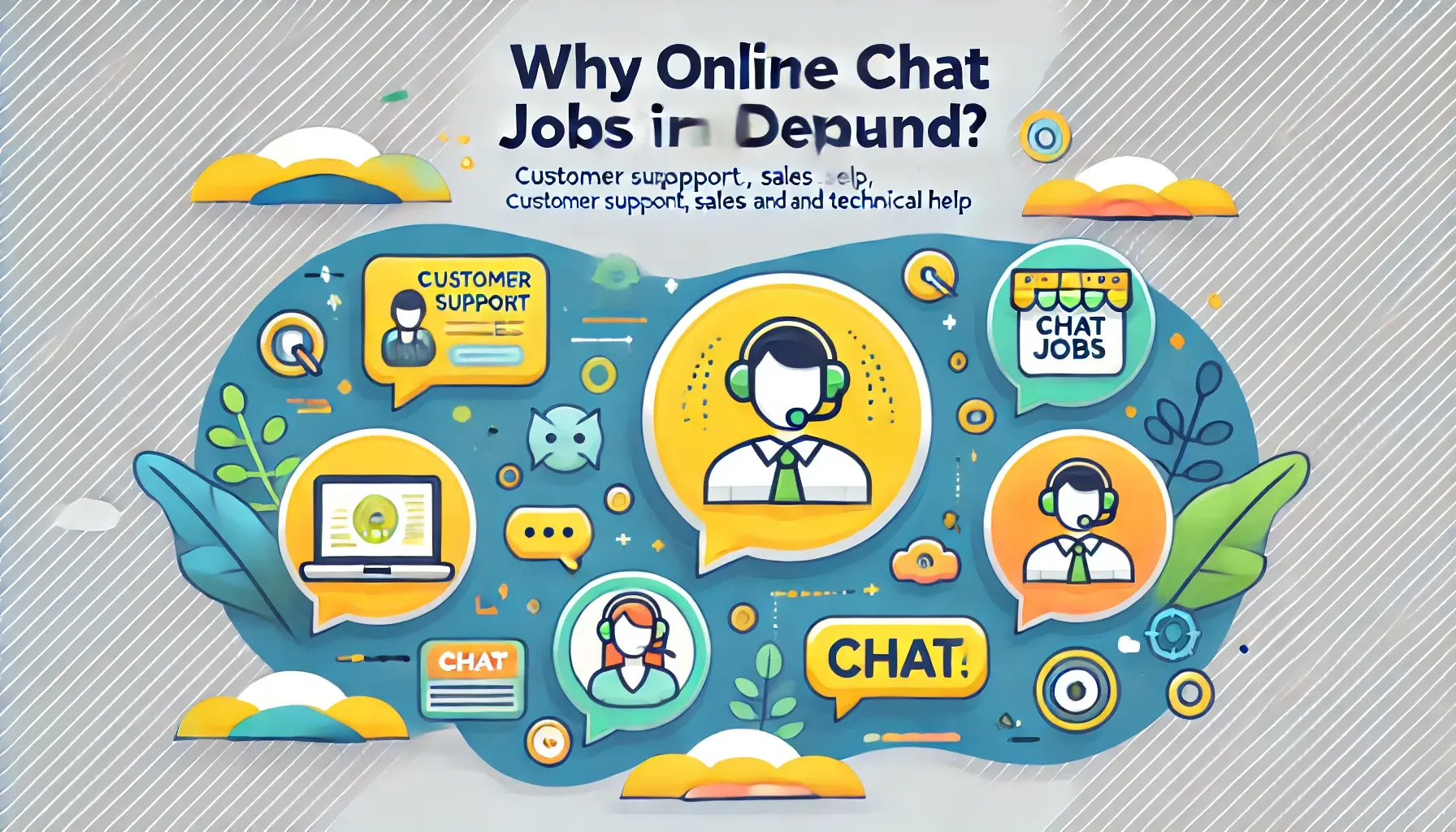The Future Of AI and Digital Marketing
Discover the future of AI in digital marketing. Explore how AI is revolutionizing personalization, content creation, SEO, and predictive analytics, driving the next generation of marketing strategies. Grab the FREE EBook Here

<iframe class="custom-embed-iframe" id="blot-custom-id---xUBXGybm7" srcdoc="
<script async src="https://www.googletagmanager.com/gtag/js?id=GT-MKRL6T8J"></script>
<script>
window.dataLayer = window.dataLayer || [];
function gtag(){dataLayer.push(arguments);}
gtag('js', new Date());
gtag('config', 'GT-MKRL6T8J');
</script>" allowfullscreen="true" frameborder="0" width="100%" style="height: 237px;">
Introduction to AI in Digital Marketing
The integration of Artificial Intelligence (AI) into digital marketing is revolutionizing how businesses approach their marketing strategies. Over the past decade, AI has evolved from a niche technology into a cornerstone of modern marketing efforts, enabling brands to reach and engage their target audiences more effectively.
Today, AI tools are utilized across various digital marketing functions, from automating routine tasks to providing deep insights into consumer behavior. The ability of AI to process vast amounts of data quickly and accurately has made it indispensable in crafting data-driven marketing strategies that yield better results than traditional methods.
AI's importance in digital marketing cannot be overstated. It allows marketers to leverage data in ways that were previously unimaginable, enabling more personalized and targeted marketing efforts.
The use of AI in digital marketing spans a wide range of applications, including content creation, customer service, SEO, social media management, and more. As AI continues to advance, its role in digital marketing is expected to grow even more significant, paving the way for innovations that could transform the industry.
The Role of AI in Data Analysis

Data is the lifeblood of digital marketing, and AI plays a pivotal role in how this data is collected, analyzed, and utilized. Automated data collection and processing allow marketers to gather insights from vast datasets in real-time, which is crucial for making informed decisions.
AI-driven customer segmentation, for instance, enables businesses to categorize their audiences based on various criteria such as behavior, preferences, and demographics, allowing for more precise targeting.
Predictive analytics, powered by AI, is another area where the technology is making significant strides. By analyzing historical data, AI can forecast future trends, helping marketers anticipate consumer needs and adjust their strategies accordingly.
This predictive capability not only improves the effectiveness of marketing campaigns but also enhances the customer experience by delivering more relevant content and offers.
Personalization Through AI
Personalization has become a key factor in successful digital marketing, and AI is at the forefront of this trend. AI enables brands to create personalized experiences at scale, tailoring content, offers, and recommendations to individual users based on their behavior and preferences.
This level of personalization is achieved through AI algorithms that analyze user data to predict what content or product a customer is most likely to engage with or purchase.
Dynamic content creation is one of the most exciting applications of AI in personalized marketing. By automatically adjusting content based on real-time user interactions, AI ensures that every customer receives a unique and relevant experience.
This approach not only increases engagement but also drives higher conversion rates. Case studies have shown that AI-driven personalization can significantly boost marketing performance, leading to increased customer loyalty and revenue.
AI-Powered Content Creation
The advent of Natural Language Processing (NLP) has enabled AI to play a significant role in content creation. AI tools can now generate high-quality content, from blog posts to social media updates, with minimal human intervention.
These tools analyze existing content, understand the context, and produce new content that is coherent and engaging. While AI-generated content is not yet indistinguishable from human-written content, it is becoming increasingly sophisticated, particularly in areas like data-driven reporting and personalized messaging.
AI is also transforming content curation, helping marketers sift through vast amounts of information to find the most relevant and impactful content for their audiences.
The future of AI in creative fields holds the promise of more advanced tools that can create content across various media, including video and audio, further revolutionizing the way marketers connect with their audiences.
Chatbots and Conversational AI
Chatbots have evolved significantly since their inception, thanks to advances in AI and machine learning. Today’s chatbots are more sophisticated, capable of understanding and responding to a wide range of customer inquiries with high accuracy. AI-driven customer service through chatbots provides instant support, reducing wait times and improving the overall customer experience.
Conversational AI is not just limited to customer support. It is increasingly being used in marketing to engage customers in real-time, guiding them through the buyer's journey, answering questions, and providing personalized recommendations.
The impact of conversational AI on user experience is profound, as it offers a seamless and interactive way for customers to interact with brands, leading to higher satisfaction and loyalty.
AI in Search Engine Optimization (SEO)
Search Engine Optimization (SEO) is another area where AI is making a significant impact. Search engines like Google use AI algorithms to rank websites and deliver the most relevant results to users. Understanding these algorithms and optimizing content accordingly is crucial for digital marketers.
AI-powered tools can assist in keyword research, content optimization, and analyzing competitors, making the SEO process more efficient and effective.
Future trends in AI and SEO point towards even greater integration, with AI potentially being able to predict changes in search engine algorithms and suggest optimizations in real-time.
As AI continues to evolve, it will likely play an even more critical role in helping businesses achieve higher search engine rankings and drive more organic traffic to their websites.
Predictive Marketing with AI
Predictive marketing is an AI-driven approach that involves using data and machine learning algorithms to predict future consumer behavior. This type of marketing allows businesses to anticipate customer needs and tailor their marketing efforts accordingly.
By analyzing past behaviors, AI can identify patterns and trends that can be used to forecast future actions, such as purchase decisions or engagement with content.
AI-powered tools for predictive marketing are becoming more accessible, allowing businesses of all sizes to leverage these insights. The ability to predict what customers want before they even know it themselves is a powerful advantage, enabling marketers to deliver highly relevant content and offers that resonate with their audience.
AI and Social Media Marketing
Social media platforms generate vast amounts of data every day, and AI is crucial in analyzing this data to gain valuable insights.
AI-driven social media analytics tools can track and analyze user behavior, engagement, and sentiment across different platforms, helping marketers understand what content resonates with their audience and when to post it for maximum impact.
AI is also transforming how social media content is managed and scheduled. By analyzing past performance and audience behavior, AI can recommend the best times to post, the type of content that will perform best, and even automate the posting process.
Additionally, AI is being used in social listening and sentiment analysis, allowing brands to monitor and respond to public sentiment in real-time, which is critical for reputation management and customer engagement.
AI in Programmatic Advertising
Programmatic advertising is one of the most dynamic areas
of digital marketing, and AI plays a central role in optimizing ad buying and placement. AI-driven programmatic advertising platforms use machine learning algorithms to analyze vast amounts of data and make real-time decisions on ad placements.
This automation ensures that ads are shown to the right audience at the right time, maximizing the effectiveness of marketing budgets.
Real-time bidding, a key component of programmatic advertising, is also powered by AI. This process allows advertisers to bid for ad space in real-time, ensuring that their ads are placed in front of the most relevant audiences.
The future of AI in digital advertising looks promising, with advancements expected to further refine targeting capabilities and improve ROI for advertisers.
Ethical Considerations in AI Marketing
As AI becomes more integrated into digital marketing, ethical considerations are becoming increasingly important. Issues such as data privacy, bias in AI algorithms, and the potential for AI to be used in manipulative ways are major concerns.
Ensuring that AI is used responsibly in marketing involves addressing these challenges head-on.
Data privacy is a critical issue, as AI relies on vast amounts of consumer data to function effectively. Marketers must ensure that they are collecting and using data in a way that respects consumer privacy and complies with regulations like the GDPR.
Additionally, AI algorithms must be designed to be fair and unbiased, avoiding discriminatory practices that could harm certain groups of people.
Regulatory challenges are also on the horizon as governments and organizations work to develop frameworks that govern the use of AI in marketing. Marketers will need to stay informed about these developments to ensure that their AI strategies remain compliant and ethical.
AI in Customer Relationship Management (CRM)
Customer Relationship Management (CRM) systems are becoming increasingly sophisticated with the integration of AI. AI-powered CRM systems can analyze customer data in real-time, providing businesses with actionable insights to improve customer relationships.
These systems can predict customer needs, personalize interactions, and automate routine tasks, freeing up time for marketers to focus on strategy.
Enhancing customer loyalty with AI involves using data to create personalized experiences that resonate with individual customers.
AI can identify which customers are at risk of churning and suggest actions to retain them, such as targeted offers or personalized content.
The future of AI in CRM looks bright, with continued advancements expected to further improve customer retention and satisfaction.
The Impact of AI on Consumer Behavior
AI is not just a tool for marketers; it also has a significant impact on consumer behavior. The way AI influences purchasing decisions is complex, involving everything from personalized recommendations to targeted advertising.
AI can create highly tailored marketing messages that resonate with consumers on a personal level, making them more likely to engage with a brand and make a purchase.
The psychology behind AI-driven marketing is fascinating, as it taps into the power of personalization and relevance. Consumers today expect more from brands, and AI enables marketers to meet these expectations by delivering experiences that are not only relevant but also timely and convenient.
As AI continues to evolve, it will likely shape consumer behavior in even more profound ways, setting new standards for what customers expect from brands.
The Future of AI in Digital Marketing
The future of AI in digital marketing is filled with exciting possibilities. Emerging AI technologies such as machine learning, deep learning, and advanced analytics are expected to drive significant advancements in the industry.
These technologies will enable even more precise targeting, more efficient marketing processes, and more personalized customer experiences.
Predictions for AI's role in future marketing strategies include the continued integration of AI across all aspects of digital marketing, from content creation to customer service.
AI's potential to disrupt traditional marketing methods is enormous, as it offers new ways to engage with customers and drive business growth.
As AI technology continues to advance, marketers will need to stay ahead of the curve by embracing these innovations and integrating them into their strategies.
Case Studies of AI in Digital Marketing
Numerous case studies demonstrate the effectiveness of AI in digital marketing. From small businesses to large corporations, companies across various industries are leveraging AI to improve their marketing efforts.
These success stories highlight the potential of AI to transform marketing campaigns, leading to better engagement, higher conversion rates, and increased revenue.
Lessons learned from AI-driven campaigns can provide valuable insights for other businesses looking to implement AI in their marketing strategies. These case studies also reveal the challenges that companies may face when integrating AI, such as the need for data quality, algorithm transparency, and continuous optimization.
By learning from these examples, businesses can better prepare for their own AI-driven marketing initiatives.
Get Your FREE Copy Of Artificial Intelligence In Digital Marketing Here....
FAQs
Q1: How is AI transforming digital marketing?
AI is transforming digital marketing by automating processes, enhancing personalization, and providing deep insights through data analysis. It enables more targeted and efficient marketing strategies.
Q2: What are the benefits of AI in marketing?
AI offers numerous benefits, including improved efficiency, better targeting, personalized experiences, predictive analytics, and enhanced customer service.
Q3: Can AI replace human marketers?
While AI can automate many marketing tasks, it is unlikely to replace human marketers entirely. AI complements human creativity and strategy by providing tools that enhance decision-making and execution.
Q4: How can small businesses use AI?
Small businesses can use AI in various ways, such as automating social media management, personalizing customer interactions, and optimizing ad campaigns. AI tools are becoming more accessible and affordable, making it easier for small businesses to leverage AI.
Q5: What are the ethical challenges of AI in marketing?
Ethical challenges include data privacy, algorithmic bias, and the potential for AI to be used in manipulative ways. Marketers must ensure that their use of AI is ethical and compliant with regulations.
Q6: What is the future of AI in digital marketing?
The future of AI in digital marketing involves more advanced technologies, greater personalization, and deeper integration into all aspects of marketing. AI is expected to play a pivotal role in shaping the future of marketing strategies.



